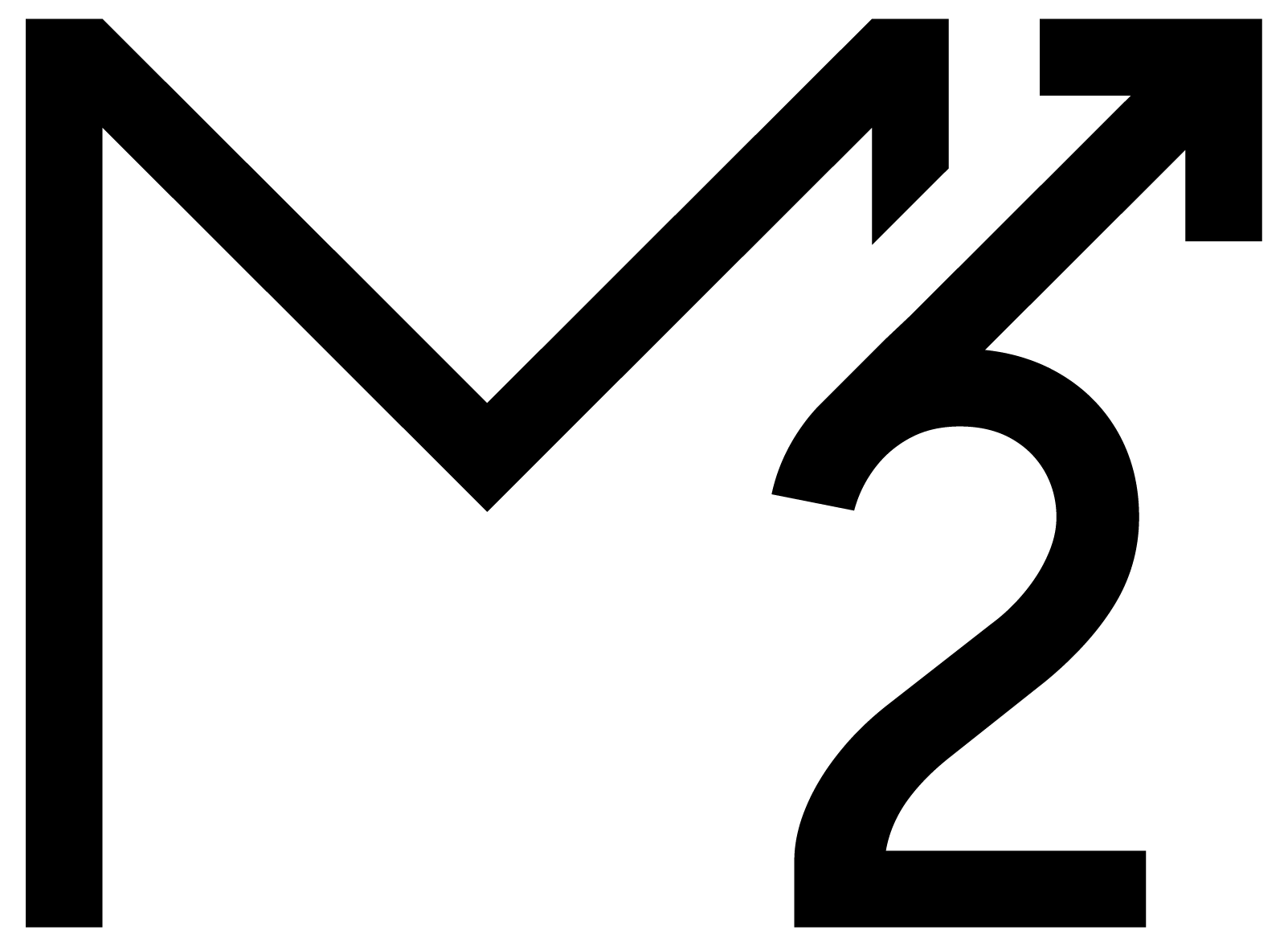Today’s world has a tendency to apply a lot of pressure, and it’s easy to feel like you’re behind before you’ve even started. We want to share some real talk about what actually matters when you’re just starting out on your financial journey.
Key Considerations for Young Adults Planning for Retirement
1. Start Where You Are With No Shame & No Guilt
- In your 20s, you’re figuring out life: landing your first job, paying off student loans, maybe buying a car or a house, and learning how credit works. It’s normal to feel like you’re just getting by. The key is to start saving something, even if it’s small. The earlier you start, the more time your money has to grow, but it’s not a doomsday scenario if you don’t have it all figured out yet. Many people don’t get serious about saving until their 40s or 50s and still do just fine.
2. Balance Today and Tomorrow
- Don’t let the pressure to save for retirement rob you of enjoying your life now. If you sacrifice every little joy, like grabbing coffee with friends or taking a short trip, you risk burning out and missing out on what makes life meaningful. Find a balance between saving for the future and living in the present. It’s about progress, not perfection.
3. Define What Financial Independence Means to You
- Retirement isn’t just about quitting work; it’s about having the freedom to choose how you spend your time. Take the time to define what financial independence looks like for you. If you’re married or have a partner, have honest conversations about your goals and what you’re not willing to sacrifice. Write it down, set goals, and identify your non-negotiables which may be those things that make you feel alive and connected.
4. Understand That Life Changes
- Your 20s and 30s are full of transitions. Your priorities, career, and family situation will evolve. Don’t get hung up on hitting arbitrary savings milestones by a certain age. Instead, focus on building good habits and adapting as your life changes.
5. Leverage Your Work for More Than Just a Paycheck
- Work isn’t just about earning money. It’s where you develop skills, build relationships, and grow as a person. The professional development you gain early in your career will pay off in your personal life, too. Don’t be in such a hurry to “retire” that you miss out on these opportunities for growth.
6. Plan for the Unexpected
- Life is unpredictable. When you’re planning for retirement, build in a buffer for the unknown like unexpected expenses, career changes, or family needs. Don’t just plan for a fixed monthly income; make sure you have a cushion for surprises.
Practical Steps to Get Started
- Start saving something – anything - now, even if it’s just a small percentage of your income.
- Take advantage of employer retirement plans and match programs if available.
- Pay down high-interest debt, but don’t wait until you are debt-free to start saving.
- Have open conversations with your significant other about money, goals, and what matters most.
- Revisit your plan regularly and adjust as your life changes.
Conclusion
Planning for retirement in your 20s and 30s isn’t about hitting some magic number or depriving yourself of everything fun. It’s about building habits, defining your own version of financial independence, and giving yourself the grace to enjoy the journey. Remember, your path is unique so don’t let anyone else’s expectations dictate your progress. Focus on what matters to you, and you’ll be setting yourself up for a future that’s both secure and fulfilling.
This blog post is provided by Ditch the Suits Podcast in support of Money Milestones’ mission of helping people get access to high-quality financial guidance no matter their income level or life stage.
This material is for educational purposes only. It is important to seek the guidance of a licensed financial professional before making any investment or financial decisions


